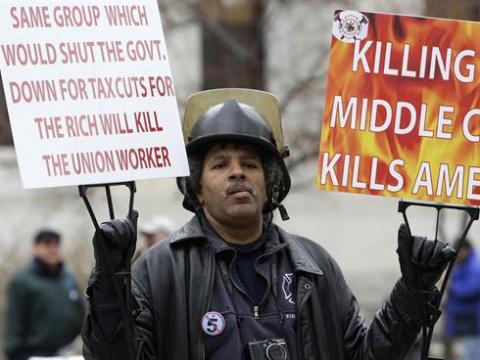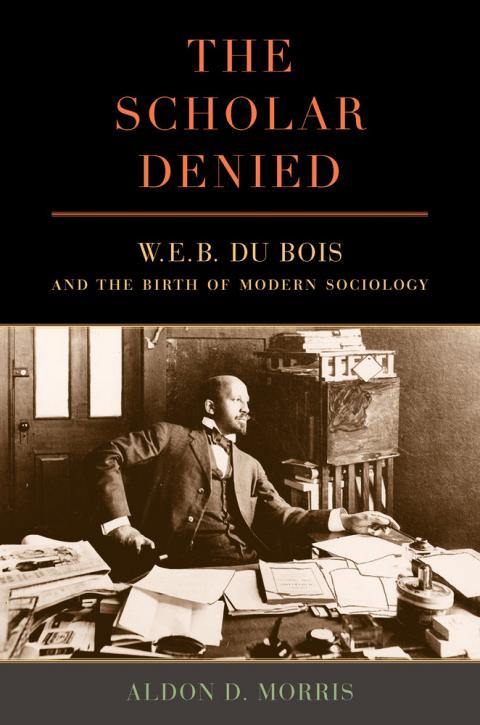The Real O’Neals: Daring, Disguised as Ordinary
The Atlantic

Conventional presentation aside, the sharply funny ABC sitcom explores darker family conflicts about religion and sexuality.








Spread the word